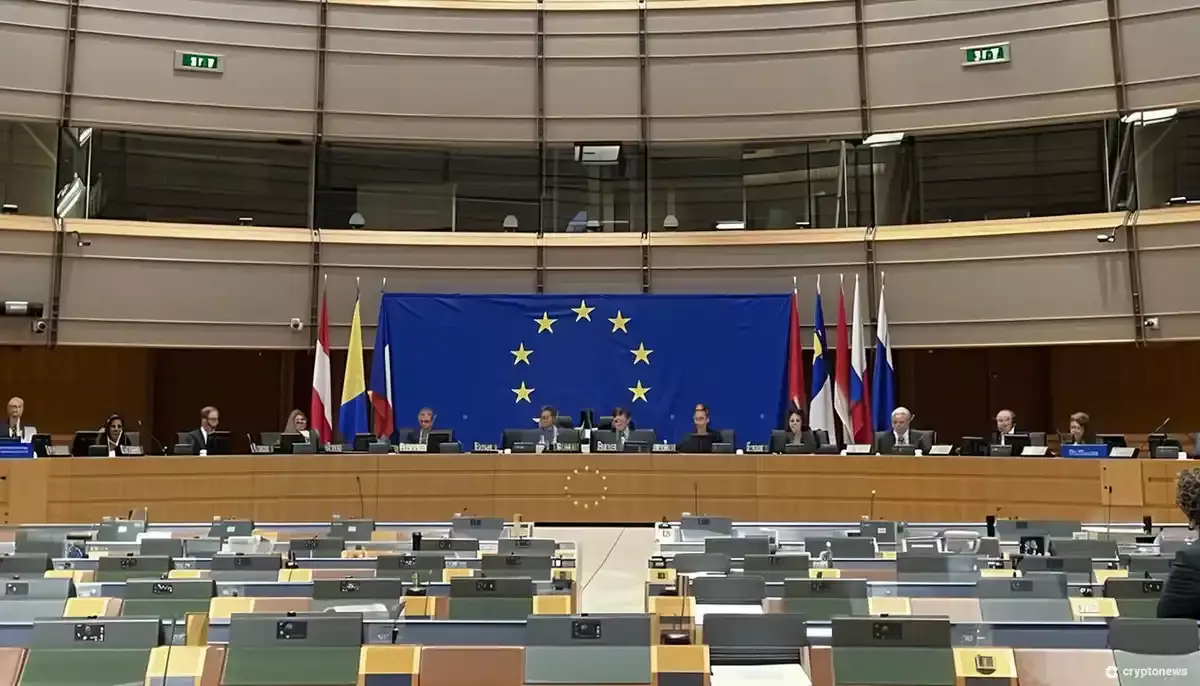The European Blockchain Observatory and Forum (EUBOF), an initiative of the European Commission, recently released a report urging the European Union (EU) to prepare for the integration of blockchain technology and artificial intelligence (AI). This proactive move by the EU aims to enhance data security for users by leveraging the capabilities of blockchain technology. The report, prepared by the Directorate-General for Communications Networks, Content, and Technology, highlights the potential of integrating blockchain and AI, particularly in sectors like healthcare and finance.
One of the key aspects discussed in the report is the concept of decentralized AI networks, which could disrupt the current centralized model dominated by large corporations and governments. By utilizing blockchain’s distributed nature, these networks have the potential to foster collaboration and innovation among a wider range of participants. This shift towards decentralization could lead to more transparent and inclusive systems in various industries.
The EU blockchain report also delves into emerging trends in web3, including decentralized finance (DeFi) and smart contract enhancements. DeFi, which enables financial services without traditional intermediaries, poses regulatory challenges that need to be addressed to ensure consumer protection and financial stability. Additionally, the report emphasizes the importance of advancing smart contract functionalities to fully harness their capabilities in different applications.
The European Commission’s proactive stance on blockchain and AI integration comes in the wake of security incidents in the cryptocurrency space, such as the recent breach on the DeFi lending platform Sonne Finance. Similar incidents, like the exploit on Hundred Finance in 2023, have raised concerns about the potential risks associated with the unchecked integration of AI technology in finance. Renowned philosopher Yuval Noah Harari has warned about the dangers of unrestrained AI deployment in the financial sector, advocating for effective regulation to prevent misuse and adverse outcomes.
Global Efforts to Address AI Risks
In line with these concerns, regulatory bodies like the US Securities and Exchange Commission (SEC) and the North American Securities Administrators Association have issued alerts warning investors about the rise in investment frauds involving AI and other emerging technologies. SEC Chair Gary Gensler has also expressed apprehensions about the impact of AI on financial systems, highlighting issues like AI washing and algorithm bias. As a result, global authorities are expected to continue their efforts to mitigate AI risks and ensure transparency in the representation of AI capabilities by companies.
Overall, the EU’s push towards blockchain and AI integration reflects a strategic approach to enhancing data security, fostering collaboration, and addressing regulatory challenges in emerging technologies. By staying proactive and vigilant, the EU aims to create a more secure and innovative environment for the adoption of blockchain and AI in various sectors.


















